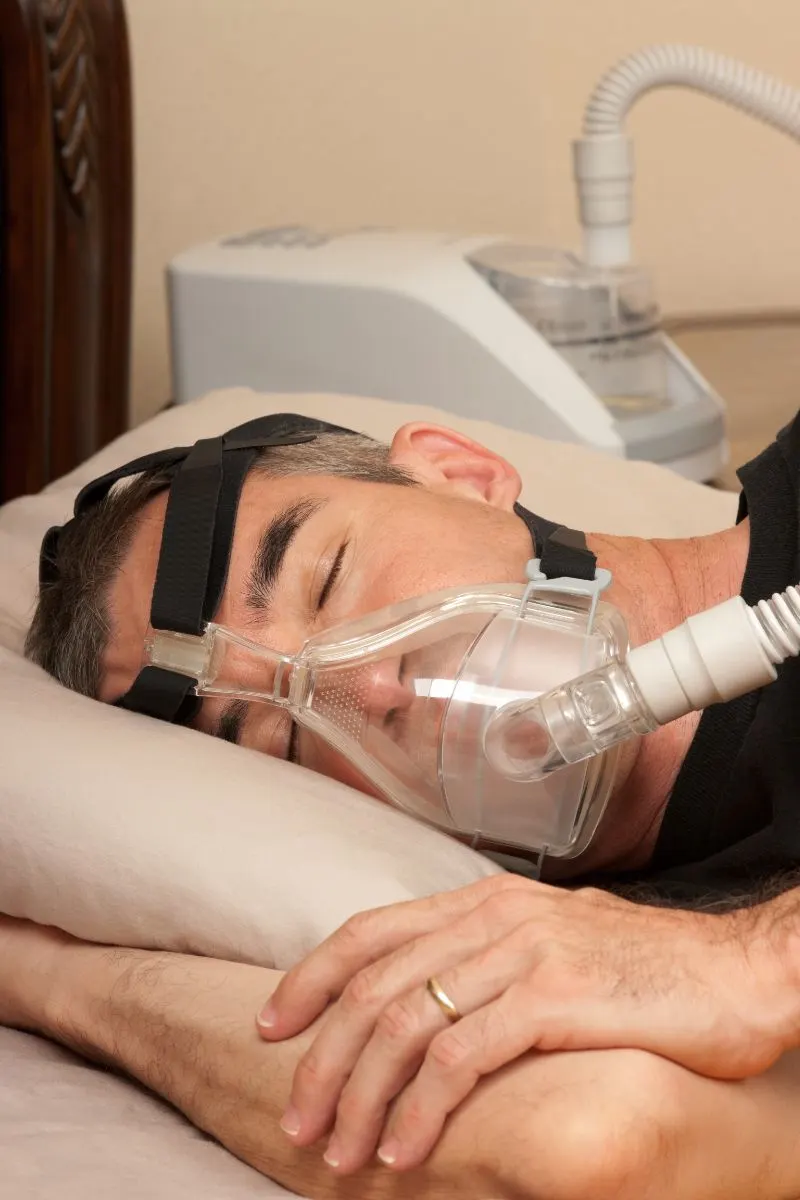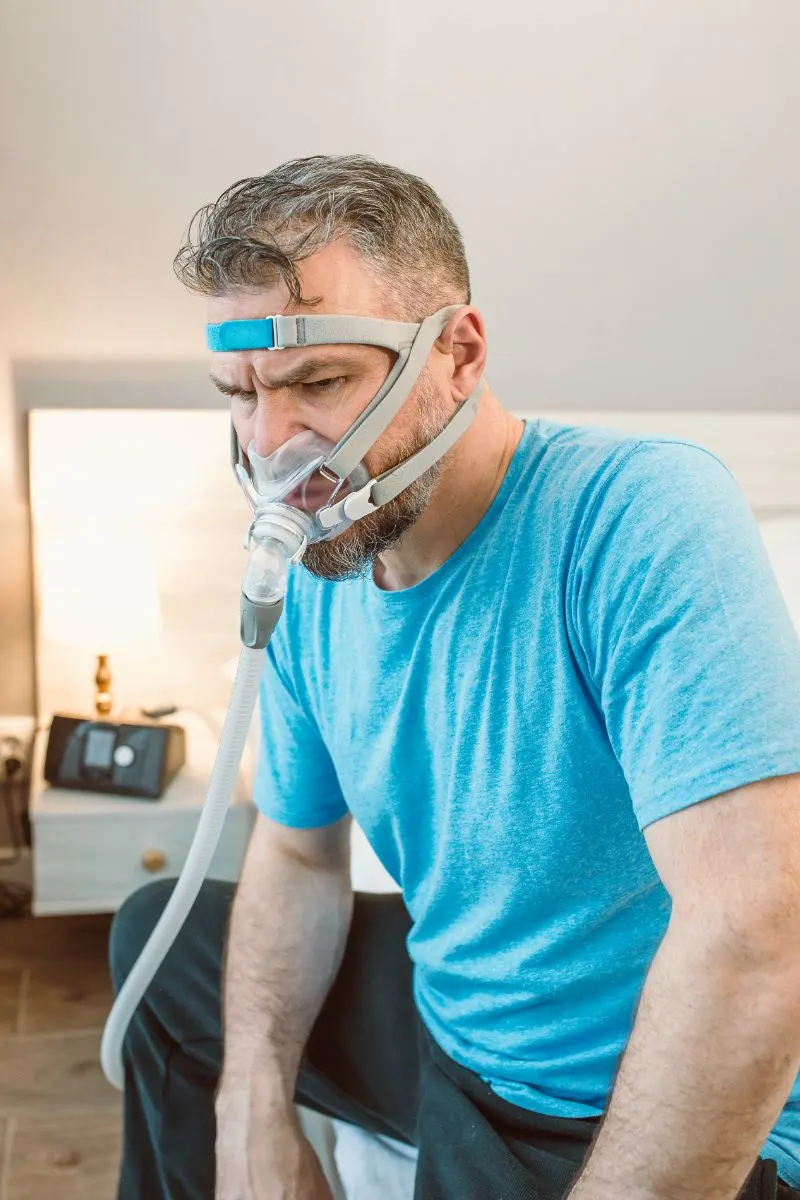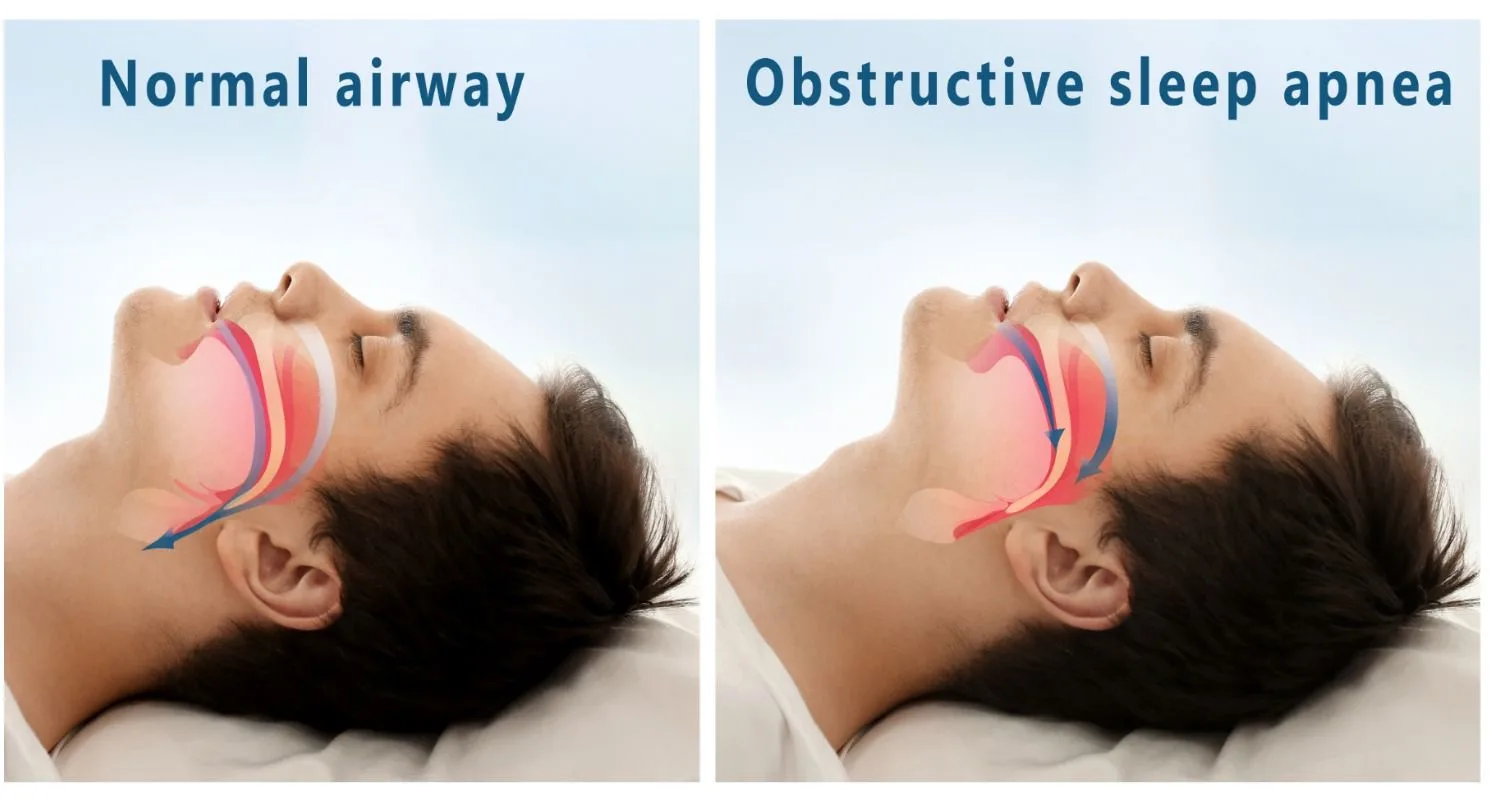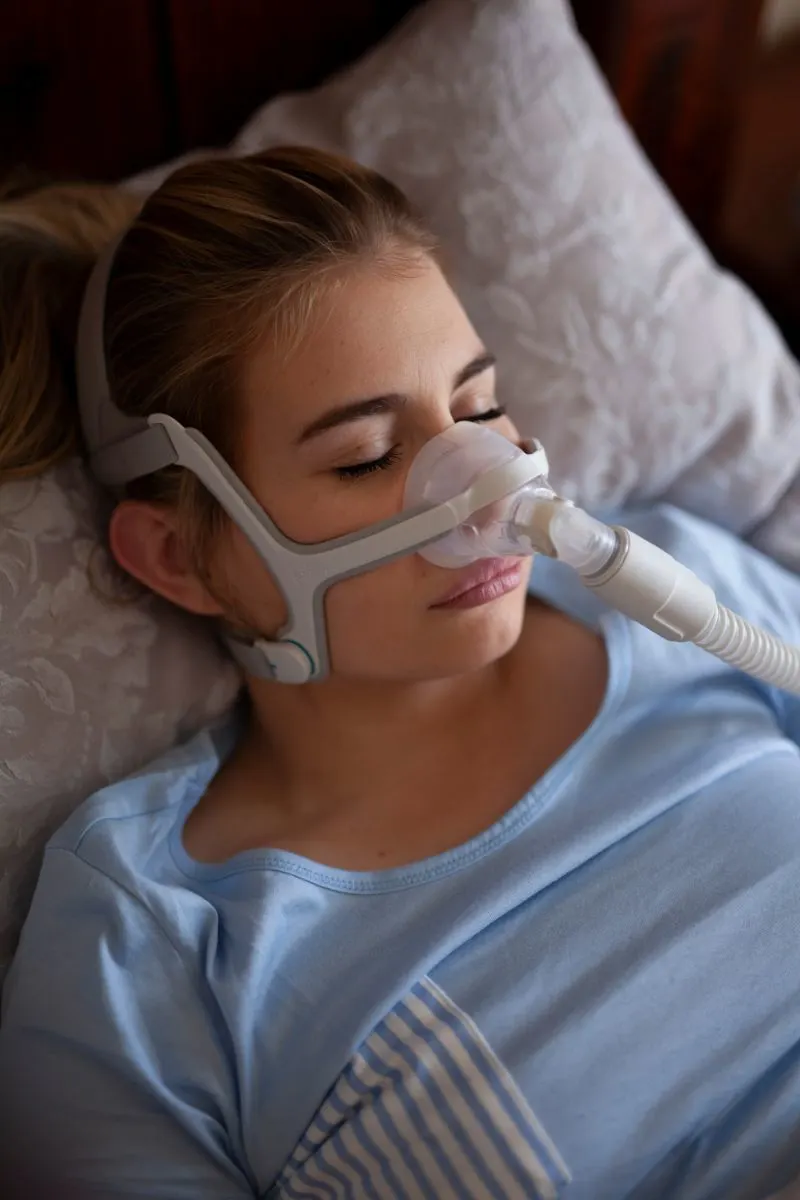What is the spiritual meaning of snoring? Also, what is the spiritual meaning of sleep apnea?
Sleep apnea is a common sleep disorder in which a person’s breathing stops and starts during sleep.
An estimated 1 in 15 adults has moderate-to-severe symptoms, whereas 20 percent of adults have mild symptoms of obstructive sleep apnea.
In the United States, over 22 million people suffer from sleep apnea.
Most people have the condition for years before being diagnosed.
Types
There are 3 forms of sleep apnea:
- complex/mixed sleep apnea – it is a combination of obstructive sleep apnea and central sleep apnea;
- obstructive sleep apnea (OSA) – it often causes you to snore loudly and occurs when the soft tissue in the back of the throat relaxes during sleep and blocks the airway; it is the most common type of sleep apnea;
- central sleep apnea (CSA) – occurs when the brain fails to signal the respiratory system to breathe; individuals with this form of sleep apnea may gasp for air after long periods of not breathing.
Symptoms
Common signs and symptoms of sleep apnea include:
- difficulty staying asleep (insomnia);
- loud snoring (the narrower the airway becomes, the greater the vibration and the louder your snoring);
- irritability;
- episodes in which you stop breathing during sleep;
- difficulty paying attention while awake;
- hypersomnia (excessive daytime sleepiness) – it is caused by frequent interruptions of sleep;
- impotence and reduced sex drive;
- a morning headache;
- awakening with a dry mouth;
- gasping for air during sleep.
Complications
If untreated, the condition may contribute to other medical conditions, like:
- stroke;
- heart disease;
- high blood pressure (hypertension);
- pulmonary hypertension;
- diabetes;
- depression;
- congestive heart failure;
- death.
Causes
Possible causes of sleep apnea include:
- nasal congestion – it causes the upper airway to narrow and increases the risk of both sleep apnea and snoring among people with allergic rhinitis;
- having a family history – there may be genes inherited from your parents which can make you more susceptible to the condition;
- menopause (in women) – it occurs when a woman is no longer able to get pregnant naturally and stops having periods; the changes in hormone levels during menopause may cause the throat muscles to relax more than usual;
- smoking tobacco and second-hand smoking – you are more likely to develop the condition if you are regularly exposed to tobacco smoke;
- alcohol – it can affect how the brain controls the muscles involved in breathing or sleep; also, it can increase relaxation of the muscles in the throat and mouth, closing the upper airway;
- having an unusual inner neck structure – large tonsils, tongue, or adenoids, a narrow airway, or a small lower jaw;
- taking drugs with a sedative effect – like tranquilizers or sleeping tablets;
- having a large neck – men with a collar size greater than 17 inches (43cm) have a higher chance of developing the condition;
- being 40 years of age or more;
- being male, however, for females, the risk of sleep apnea increases with menopause;
- being overweight – if you are obese with a body mass index of 30 or higher or overweight with a BMI of 25 or more, the risk of the condition is substantially higher.
Treatment
Common treatments for the condition include lifestyle changes (like weight loss and avoiding smoking and alcohol) and breathing devices like CPAP (continuous positive air pressure).
Another treatment is the use of a mouthguard.
Snoring
It is the harsh or hoarse sound that occurs when air flows past relaxed tissues in the throat, making the tissues to vibrate during breathing.
Around 45% of adults in the United States snore, according to the American Academy of Otolaryngology.
It is a problem for both genders, however, it is possible that women do not present with this complaint as often as men. Interestingly, men become less likely to snore after the age of 70.
Symptoms
Common symptoms include:
- gasping, wheezing, or coughing during the night;
- waking with a headache;
- sudden nighttime awakenings;
- daytime fatigue;
- cavities or dental decay;
- dry mouth in the morning.
READ MORE: Tendinitis – Spiritual Meaning
Complications
If you regularly snore, you may be at risk for other complications, such as:
- an increased risk of motor vehicle accidents due to lack of sleep;
- daytime sleepiness;
- an increased risk of behavior problems, like aggression;
- a greater risk of heart conditions, hypertension, and stroke;
- difficulty concentrating;
- frequent frustration or anger.
Causes
Snoring is caused by vibrating tissues within the airways of the throat and nose.
Risk Factors
Risk factors that increase the likelihood of snoring include:
- sleep posture – sleeping flat on your back causes the flesh of your throat to block the airway;
- smoking tobacco, drinking alcoholic beverages, and medications (such as diazepam or lorazepam), can increase muscle relaxation, leading to more snoring;
- sinus and nasal problems – a stuffy nose or blocked airways make inhalation difficult and create a vacuum in the throat;
- having a narrow cleft palate, throat, or enlarged adenoids;
- being overweight or obese – you are more likely to snore if you are overweight or obese;
- age.
READ MORE: Birth Defects – Spiritual Meaning
Emotional & Spiritual Meaning Of Sleep Apnea
Difficulty exhaling indicates a withdrawal into yourself; you no longer have deep aspirations, and, in some way, you are waiting for death, waiting for your “last breath.”
This is true, especially if you suffer from sleep apnea.
In this case, you feel there is something in the air that does not “smell good.” You feel in danger, even if you can not identify its source, and you want to feel safe, like when you were in your mother’s womb.
Give up on things that are not good for you.
Accept that your life changes in many ways, and some of your dreams may shatter. It’s time to look forward to the future and confidently take your rightful place in life.
READ MORE: Spiritual Meaning of Itchy Skin
Emotional & Spiritual Meaning Of Snoring
A snorer is a conservative person who has difficulties adapting to new requirements and who doesn’t want to give up anything that she has experienced in the past (ideas, behaviors, clothing, home, etc.).
This individual keeps everything that he has accumulated over time, including old habits, which have now become everyday habits.
Therefore, he can not move freely in his current activities.
What this person would like to say during the day and can not, she loudly expresses during the night. She is also dissatisfied with the relationship she is in but does not want to give up her partner.
She thinks she is in danger, and she is convinced that by snoring, she can ask for help.
Images credit – Shutterstock
READ THIS NEXT: Spiritual Meaning of Sneezing
References https://www.mayoclinic.org/diseases-conditions/snoring/diagnosis-treatment https://www.nhs.uk/conditions/obstructive-sleep-apnoea/diagnosis/ https://www.webmd.com/sleep-disorders/sleep-apnea/diagnosing-sleep-apnea

